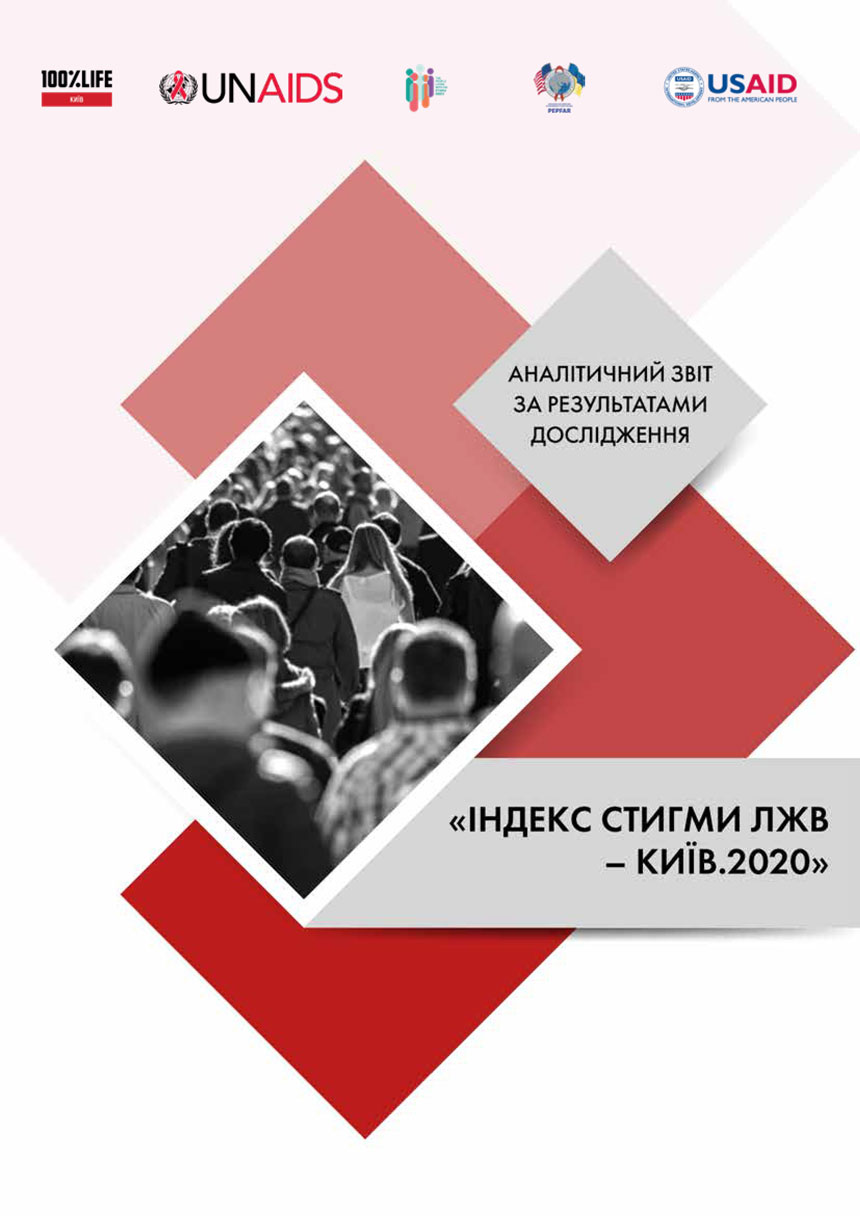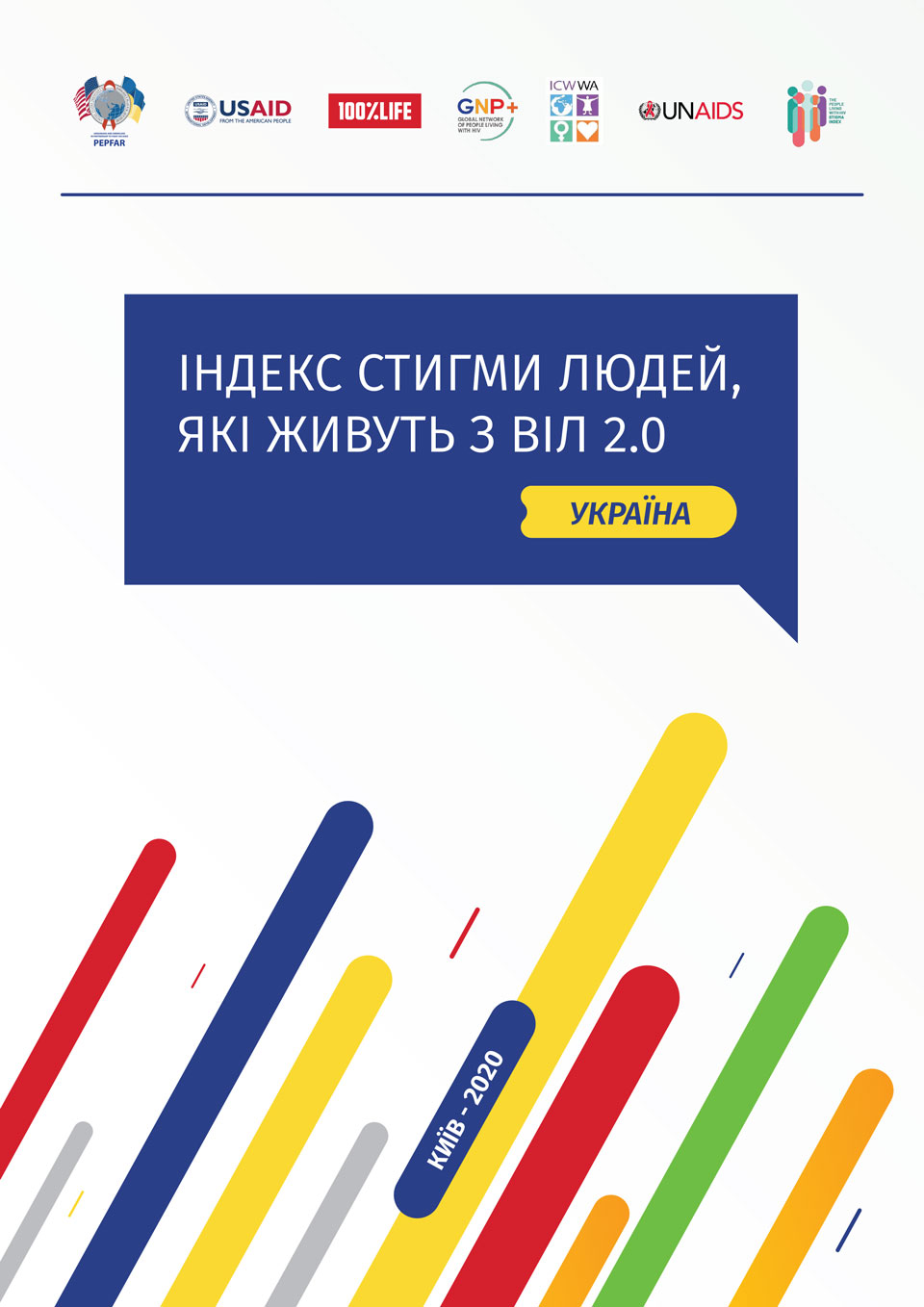The study aimed to analyze the implementation of algorithms for involving patients in HIV testing and treatment, developed and implemented within the RESPECT project “Reducing HIV-related Stigma and Discrimination for Most at Risk Population in Health Care Facilities in Ukraine” with the financial support of the United States Agency for International Development (USAID). These algorithms were “ideal” models outlining the procedure for selection, medical and social support of patients during HIV diagnosis, and, in case of a positive result, registration and initiation of treatment. Additional algorithms were developed for hospitals and outpatient clinics, which were piloted based on 25 healthcare facilities of various types (PHC centers, clinics, hospitals, tuberculosis dispensaries, etc.) in the cities of Cherkasy, Kryvyi Rih, Mykolayiv, and Kropyvnytskyi.
Study objectives:
- Generalization, description, and visualization of algorithms implemented in the pilot healthcare facilities.
- Description of the mechanism of algorithms implementation in the pilot healthcare facilities.
- Analysis of the effectiveness of the algorithms implementation and their impact on attracting clients to HIV testing and treatment.
- Analysis of opportunities to ensure the algorithms’ sustainability and ways to achieve it.
- Development of methodological recommendations for the implementation of algorithms in otherhealthcare facilities and other regions of Ukraine.
The study design: qualitative sociological research using the following methods of data collection:
- In-depth interviews with experts: social workers and regional project coordinators, doctors, and medical coordinators involved in its implementation, as well as with project stakeholders: chief doctors of AIDS centers and heads of health administrations/departments. A total of 40 in-depth interviews were conducted.
- FGD with HIV-positive patients who received social support during the project and were registered at the dispensary. A total of 4 FGDs were conducted (1 per each project city) and 2 group interviews with clients who refused to participate in the FGD.
Other researches

Impact evaluation of the project “Improving HIV treatment adherence of HIV+ and at-risk women through holistic emergency support and care during the Ukraine humanitarian crisis”


